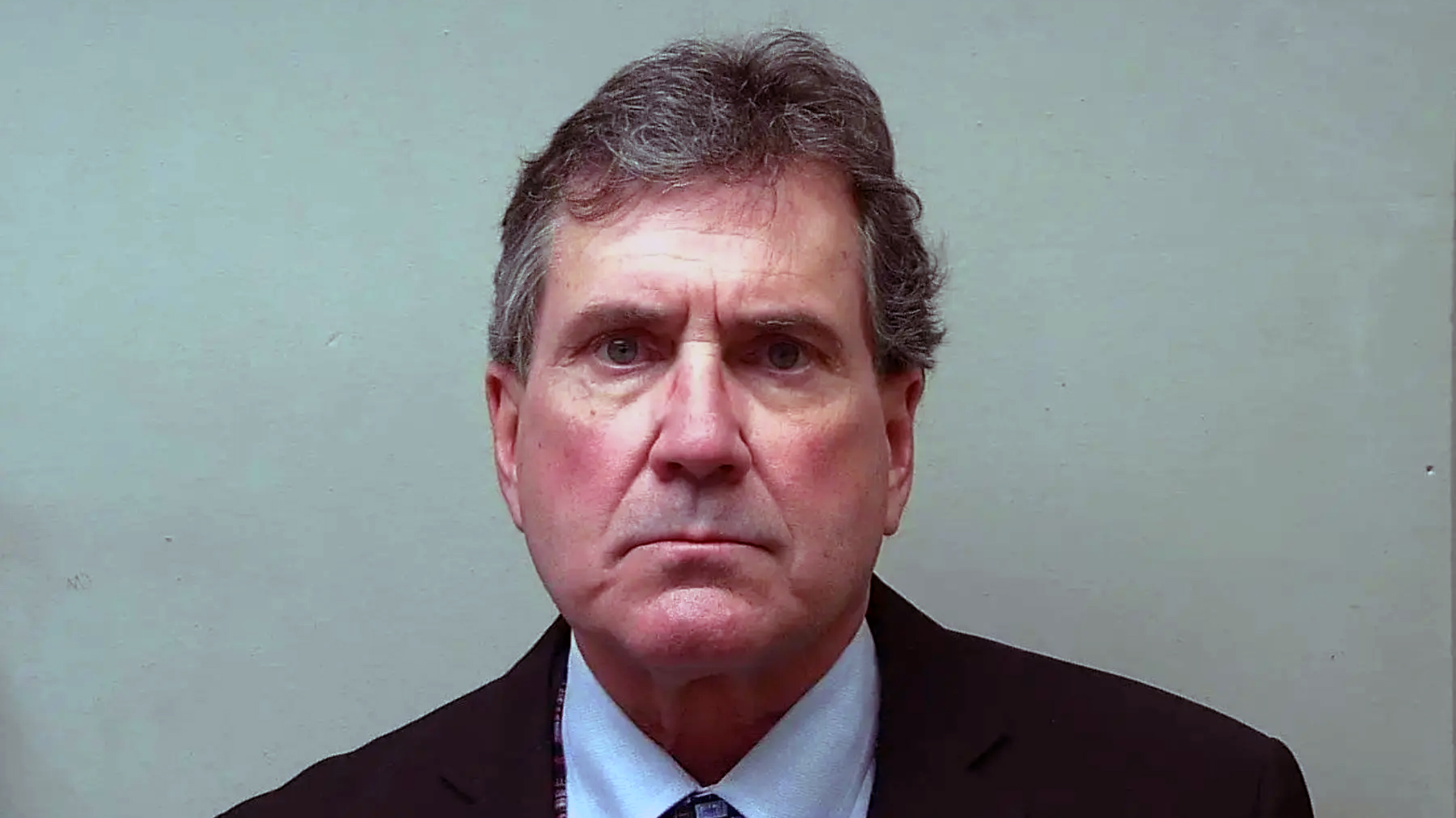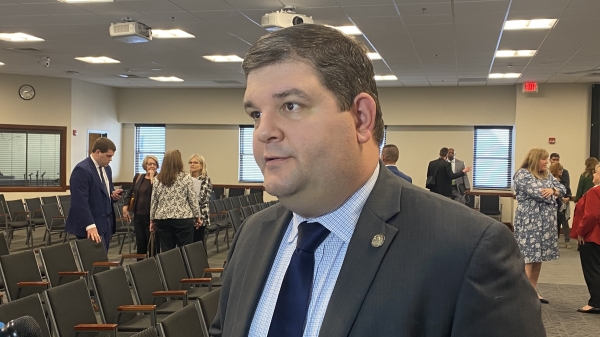|
Getting your Trinity Audio player ready...
|
In a dramatic development, Eleventh Judicial Circuit Judge Gilbert P. Self, aged 61, from Florence, has been arrested following an indictment on multiple charges, the Alabama Attorney General’s Office announced. The indictment includes sixteen counts of alleged misuse of office for personal gain or the gain of family members, one count of making a false representation to the Examiners of Public Accounts, and one count of perjury.
Judge Self, who has been the presiding judge of the Eleventh Judicial Circuit since April 2020, voluntarily surrendered to the Lauderdale County Sheriff’s Office. The indictment details a series of prohibited activities spanning from April 2020 to February 2023. Notably, Judge Self is accused of using over $50,000 of public funds to employ his son and misappropriating public money for personal purchases, including a sofa, alcoholic beverages, and eyeglasses.
Furthermore, the indictment alleges that Judge Self exploited his office to reimburse himself with public funds for various personal vacations. These include a ski trip to Montana, a beach vacation, a cycling journey across three states, and a visit to St. Ignace, Michigan. He is also charged with claiming public funds for travel to events he did not attend in locations such as Reno, Nevada; Duck Key, Florida; Mackinac Island, Michigan; and within Alabama.
The charges extend to accusations of double-dipping for per diem and mileage, alongside making false representations during an audit by the Examiners of Public Accounts. A particularly serious charge includes making a false statement under oath in front of the Grand Jury of Lauderdale County in January 2024.
The Attorney General’s Special Prosecutions Division pursued the indictment following an investigation initiated by an audit into the Lauderdale County Presiding Judge’s Judicial Administration Fund and the Law Library Fund.
If convicted of these charges, Judge Self faces severe legal consequences. The sixteen counts of violating the Ethics Law, classified as class B felonies, carry a maximum penalty of 20 years of imprisonment and a $30,000 fine each. Additionally, the charges for making a false statement to the Examiners and for perjury, which are class C felonies, could result in up to 10 years of imprisonment and a $15,000 fine each.
The case has sent shockwaves through the Alabama judicial system, highlighting the need for stringent oversight and accountability in public office. The trial, expected to garner significant public and media attention, will be a critical test of the state’s commitment to upholding ethical standards in its judiciary.





















































